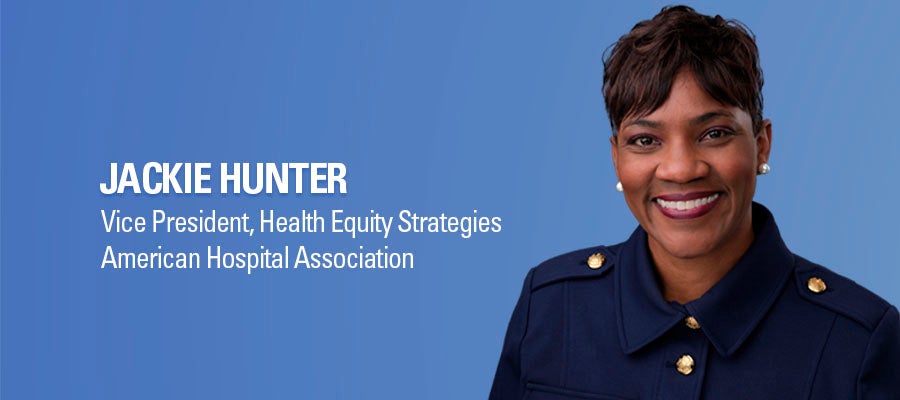Leading with Heart: Embracing Vulnerability, Resilience and Invisible Disabilities as a Health Care Executive

Being a health care leader has always meant carrying the weight of responsibility, knowing that decisions can shape lives. For years, I believed leadership was about being strong, unwavering, and always in control. But life has a way of humbling you, especially when you face an invisible disability — one that changes everything but remains unseen by the world.
After surviving a stroke, my reality shifted. Outwardly, I seemed fine. I went back to work after, tried to pick up where I left off, but inside, I was struggling. The cognitive fog, the fatigue that never let up, the internal battle just to stay focused — it felt like I was drowning while still trying to lead others to shore. I used to believe that resilience meant pushing through, showing no signs of weakness. But suddenly, the strongest thing I could do was admit that I wasn’t the same leader I used to be.
At first, admitting this felt terrifying. Would I be judged? Would I be seen as incapable? The fear of being vulnerable as a leader weighed heavily on me. But when I finally opened up to my team about being a stroke survivor, something remarkable happened. Instead of judgment, I was met with compassion and support. My vulnerability gave them permission to be real, too. We began having honest conversations about struggles we had been hiding— chronic illnesses, mental health battles, even personal fears we had never dared to voice. We weren’t just a team anymore; we were a community, holding each other up in ways we hadn’t before.
Invisible disabilities come in many forms. Some, like mine, are the lingering effects of a stroke — cognitive challenges, fatigue, the frustrating gaps in focus. Others face chronic conditions like diabetes, managing the toll it takes on their bodies while still keeping up with their responsibilities. Still others live with anxiety or depression, silently navigating the emotional weight they carry. These struggles, though unseen, are profoundly real and they affect how we show up, how we lead and how we live.
To create workplaces that are truly inclusive, we need to acknowledge that many of our colleagues are carrying invisible burdens. Offering flexibility, fostering open communication and equipping leaders with the tools to understand invisible disabilities can transform a workplace from simply functional to truly supportive.
Vulnerability doesn’t weaken us, it connects us. By acknowledging my own invisible disability, I was able to show my team that it’s okay to need help. It’s okay to be human. And in that space of shared humanity, we found strength. I saw my team step up in ways that inspired me — supporting each other, collaborating more openly, embracing empathy as a core value.
Prioritizing my health, setting boundaries and being honest about my limits didn’t make me less of a leader — it made me a better one. I now lead with more compassion, more clarity and more purpose. I’m reminded every day that leadership isn’t about having all the answers; it’s about being present with your team, especially when the road ahead is uncertain.
By allowing ourselves to be vulnerable, we give others permission to do the same. And that’s where the magic of true leadership begins — not in being perfect, but in being real.
Jackie Hunter is the Vice President of Health Equity Strategies at the American Hospital Association.
